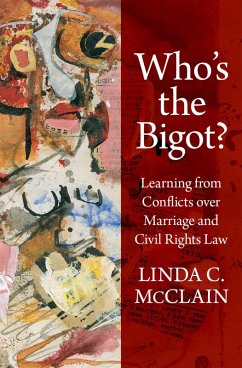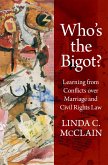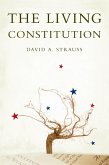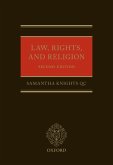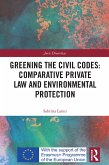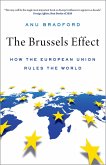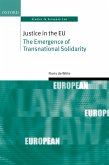Historically, critics of interracial, interfaith, and most recently same-sex marriage have invoked conscience and religious liberty to defend their objections, and often they have been accused of bigotry. Although denouncing and preventing bigotry is a shared political value with a long history, people disagree over who is a bigot and what makes a belief, attitude, or action bigoted. This is evident from the rejoinder that calling out bigotry is intolerant political correctness, even bigotry itself. In
Who's the Bigot?, the eminent legal scholar Linda C. McClain traces the rhetoric of bigotry and conscience across a range of debates relating to marriage and antidiscrimination law. Is "bigotry" simply the term society gives to repudiated beliefs that now are beyond the pale? She argues that the differing views people hold about bigotry reflect competing understandings of what it means to be "on the wrong side of history" and the ways present forms of discrimination resemble or differ from past forms. Furthermore, McClain shows that bigotry has both a backward- and forward-looking dimension. We not only learn the meaning of bigotry by looking to the past, but we also use examples of bigotry, on which there is now consensus, as the basis for making new judgments about what does or does not constitute bigotry and coming to new understandings of both injustice and justice. By examining charges of bigotry and defenses based on conscience and religious belief in these debates,
Who's the Bigot? makes a novel and timely contribution to our understanding of the relationship between religious liberty and discrimination in American life.
Dieser Download kann aus rechtlichen Gründen nur mit Rechnungsadresse in A, B, BG, CY, CZ, D, DK, EW, E, FIN, F, GR, HR, H, IRL, I, LT, L, LR, M, NL, PL, P, R, S, SLO, SK ausgeliefert werden.

